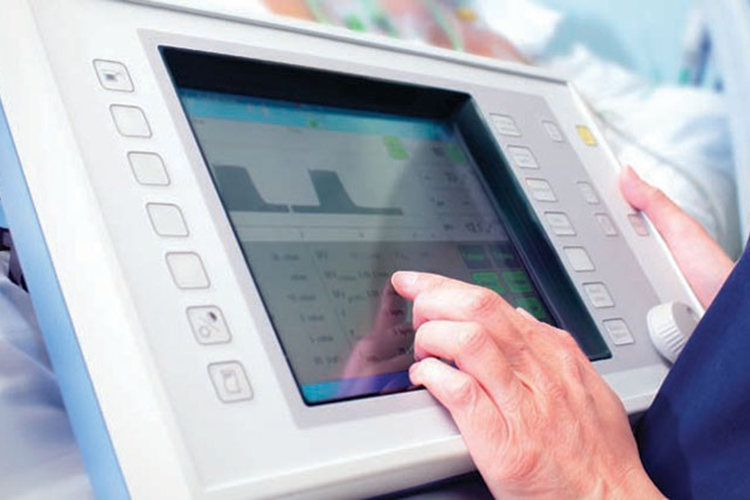Overview
-
Two year program
-
Credits earned in the Coding Certificate Level II program may be applied to this degree.
-
Full program offered at
LSC-North Harris, LSC-Health Professions Building -
Partial program offered at
LSC-Online -
Industry Accreditation
-
Consequences of Criminal Conviction, Notice of Potential Ineligibility for License
-
Lone Star College Health Occupation Programs Admissions Policy

Have questions that can't wait?
LSC-North Harris:
Please contact Kenya Hicks at Kenya.R.Hicks@LoneStar.edu or call 281.765.7957 or Dr. Micheal Glisson at Micheal.Glisson@LoneStar.edu or call 281.943.6814.
Program Pathway
"I love this school. They have given me a new outlook on my career and I would not change anything for the world."
STACEY B.

